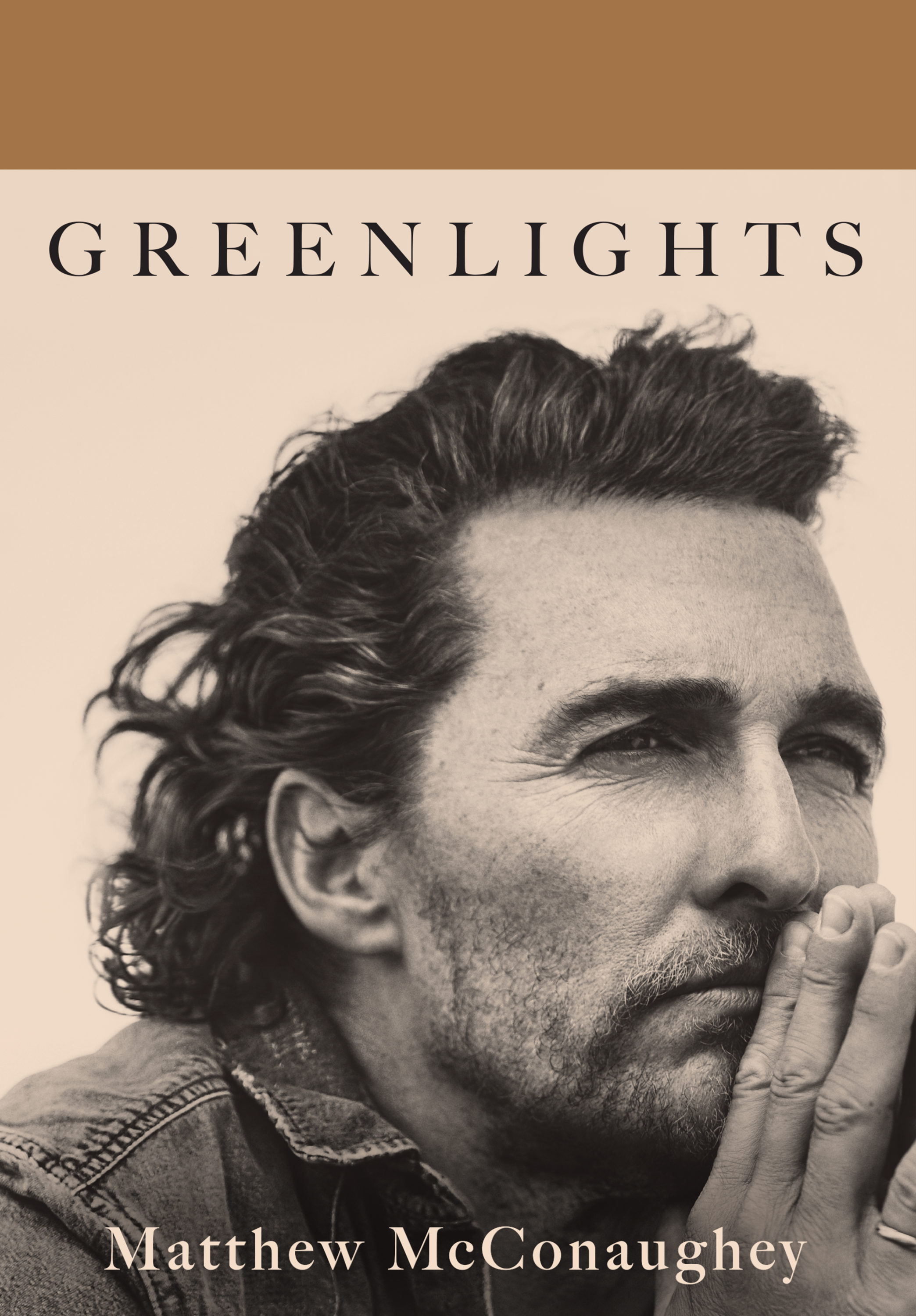
Friends, Lovers, and the Big Terrible Thing
Book Description
From the glitz of Hollywood to the depths of despair, a celebrated actor's journey unveils the stark contrast between fame and inner turmoil. "Friends, Lovers, and the Big Terrible Thing" pulls back the curtain on the highs and lows of life in the spotlight, revealing a gripping tale of resilience, heartache, and unexpected connections. Each chapter unravels the truth behind laughter and addiction, where friendships are tested and love becomes salvation. As haunting demons collide with the pursuit of happiness, what must one sacrifice to reclaim their life?
Quick Book Summary
"Friends, Lovers, and the Big Terrible Thing" is Matthew Perry’s raw and candid memoir, chronicling his meteoric rise to stardom as Chandler Bing on "Friends" and his long, harrowing battle with addiction. Perry reflects on his early childhood insecurities, the complex relationships that shaped him, and the pressures of attaining fame at a young age. The memoir explores not only the glitz and glamour of Hollywood but also the profound loneliness and desperation that accompanied his struggles. With honesty and wit, Perry dissects the highs and lows of celebrity, the enduring support and heartbreak from friends and lovers, and the relentless grip of the "Big Terrible Thing"—his addiction. Ultimately, the book is an inspiring account of survival, hope, and the courage to seek help, offering readers an unfiltered glimpse into a beloved actor’s search for redemption.
Summary of Key Ideas
Table of Contents
Navigating Fame and Its Illusions
Matthew Perry’s memoir opens by pulling back the curtain on his meteoric rise in Hollywood. He describes the complexities of achieving global fame as Chandler Bing and how it both fulfilled and complicated his deepest desires for acceptance and love. Being thrust into the limelight magnified his vulnerabilities—causing paradoxical feelings of loneliness in the midst of adoration. Fame, as Perry explains, did not offer the lasting happiness he expected, instead intensifying his underlying insecurities and leading to the beginning of his addiction battles.
The Struggles with Addiction and Recovery
Perry dives into the thick of his life-long struggle with substance abuse, which he refers to as the "Big Terrible Thing." He shares his earliest experiences with alcohol as a teenager and his progression into prescription painkillers following medical procedures. The memoir details cycles of addiction and recovery, hospitalizations, relapses, and the emotional toll this cycle took on his career, relationships, and health. Perry’s descriptions are candid and at times harrowing, offering insight into the relentless nature of addiction and the internal fights that persist regardless of external success.
Impactful Relationships and Friendships
Central to Perry’s narrative are his relationships—with the cast of "Friends," with other friends and lovers, and with his family. He credits the ongoing support and occasional disappointment from those closest to him as both lifelines and sources of deep pain. The strength and fragility of these bonds are explored alongside stories of loyalty, romantic entanglements, and moments of isolation. Perry recognizes the profound impact these connections have had on his journey, highlighting both the healing power and the heartbreak that relationships can bring.
The Search for Self-Understanding and Healing
Woven throughout is Perry’s search for self-understanding and healing. He reflects deeply on the roots of his insecurities, his inability to fill a persistent emotional void, and the courage it took to finally seek help. Therapy, self-reflection, and spiritual inquiry become important facets of his recovery, providing new perspectives on suffering and resilience. Perry’s journey is not linear, and he allows readers to see the setbacks alongside moments of clarity, stressing the importance of perseverance and self-forgiveness.
The memoir concludes with Perry’s advocacy for mental health awareness and a note of hard-earned hope. Recognizing how dangerous and isolating addiction can be, he emphasizes the necessity of seeking help and sharing one’s struggles openly. Ultimately, Perry’s story is a testament to the possibility of redemption and change—even after years of despair. His openness about pain, failure, and eventual progress offers solace and inspiration, not just to his fans, but to anyone wrestling with their own “big terrible thing.”
Download This Summary
Get a free PDF of this summary instantly — no email required.





